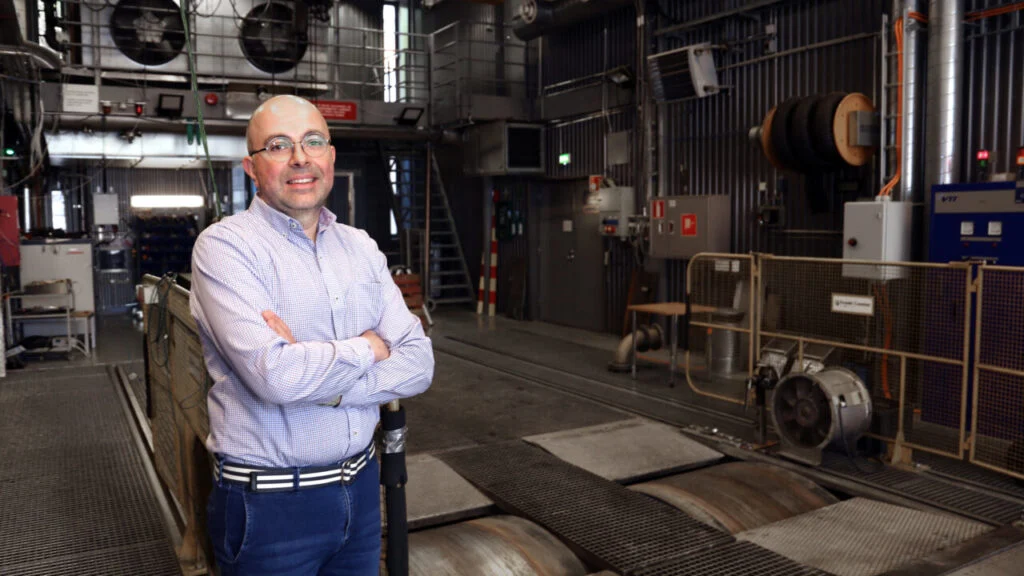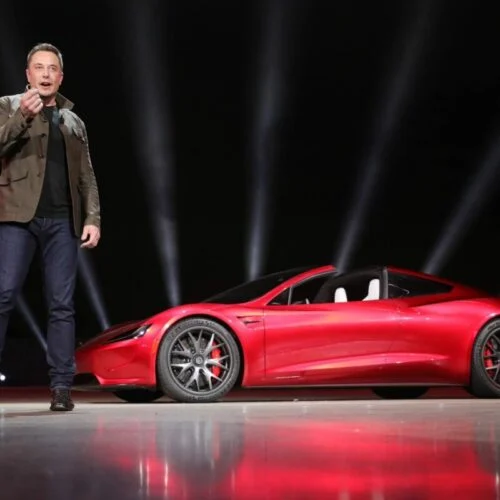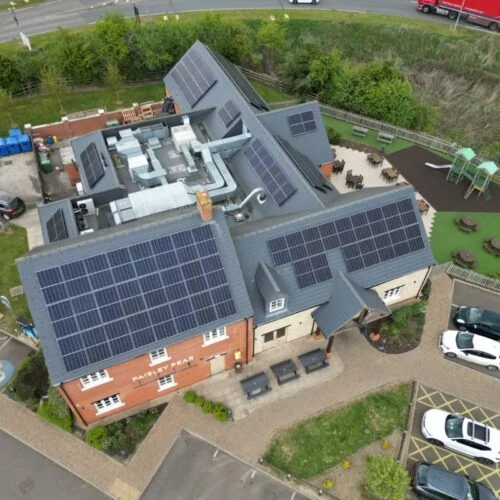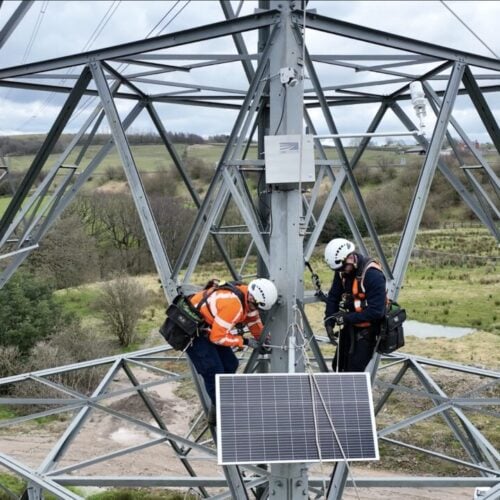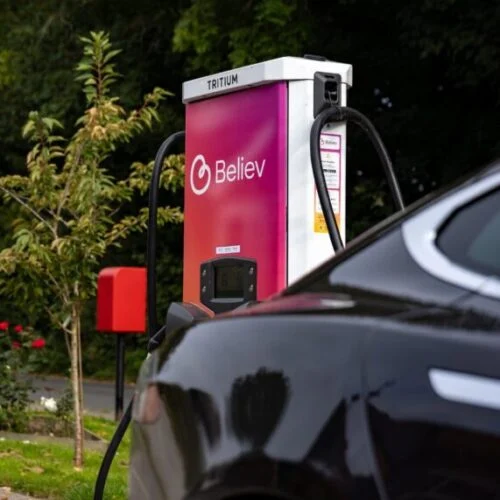A project funded by the European Commission will develop megawatt charging systems (MCS), aiming to establish a charging network for electric trucks by 2030.
Dubbed MACBETH (Multipoint megAwatt Charging for Battery Electric Truck Hubs), the €10 million (£8.4 million) project will use real-life piloting to establish a comprehensive European charging network for electric trucks.
The innovation initiative is led by VTT Technical Research Centre of Finland and brings together a consortium of 19 European companies, universities and research centres to address the challenges preventing the effective rollout of sustainable heavy-duty transport.
MACBETH will run until January 2029, having kicked off in February this year. Research professor at VTT, Mikko Pihlatie, said running the programme in this way is essential for scaling and commercialising solutions.
Two large-scale demonstration pilots will test hybrid charging stations serving heavy and medium-duty vehicles alongside private vehicles, establishing best practice for station design, safety and operational efficiency.
Yancho Todorov, senior scientist and coordinator of the project at VTT, said that the project will also explore new business models for charging infrastructure.
One of the technologies under testing is a robotised charging arm that would increase safety in high-power charging systems. Developed by Netherlands-based Rocsy, the arm is intended to provide a solution that allows drivers to rest while charging takes place, which could also improve logistical efficiency.
Joost van der Weijde of Rocsys explained: “The robotised charging arm will not only free drivers’ time and increase productivity but also enhance safety. Currently, drivers must exit their vehicles, handle heavy charging cables, and interrupt their break time. By automating the charging process, we’re addressing critical ergonomic, operational, and safety challenges in electric heavy-duty transport.”
High capacity EV charging in Europe
According to the International Energy Agency’s (IEA’s) Global EV Outlook, in 2024 the number of ultra-fast chargers, with power ratings of 150kW and above, grew by about 50% in 2024 and now accounts for nearly 10% of all public fast chargers.
In Europe, over 75% of all highways have a fast-charging station at least every 50 kilometres, and untra-fast charging capability has more than doubled since 2022.
EU charging deployment is due to increase as a result of the Alternative Fuels Infrastructure Regulation (AFIR), which mandates the installation of fast-charging stations for cars and vans of at least 150 kW every 60 km along the TEN-T core road network by 2025. Each has minimum total power output of 400kW, up to 600kW by end of 2027.
Parts of Europe will struggle to keep up with that shift, however, with grid congestion blocking the rollout of higher-capacity charging. In the UK, the Society of Motor Manufacturers and Traders (SMMT) has called for an expedited planning process for commercial EV charging.
The Netherlands has the highest number of chargepoints in Europe, but only a small share are fast charging. As seen in figures from research firm Rho Motion, up to April this year monthly DC charger deployment did not exceed three and just 10 new DC chargepoints were added between January and April this year.
